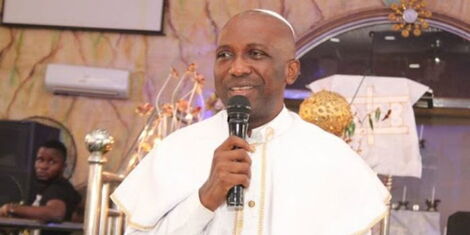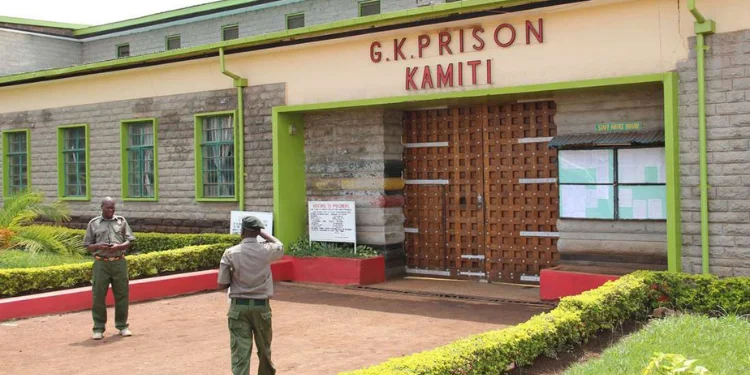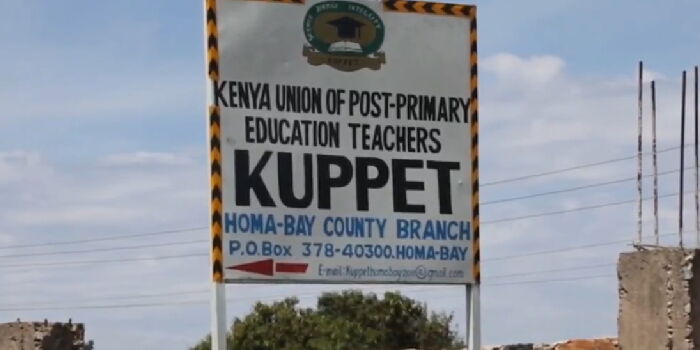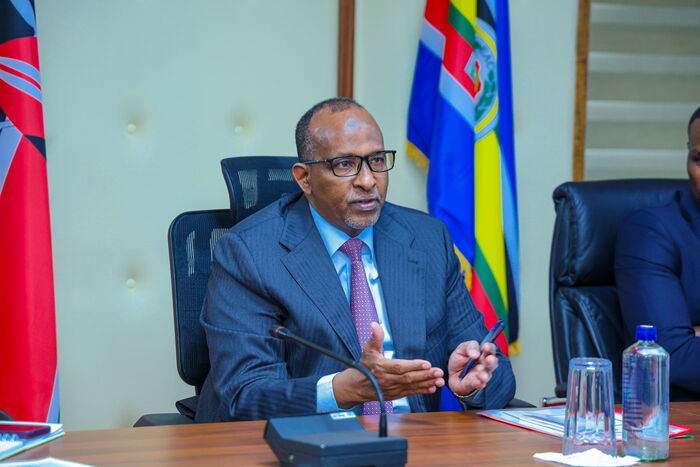The religious harmony at the heart of Kenya’s democracy is now under unprecedented threat after Muslim leaders issued an official demand for equal representation within State House, following President William Ruto’s defense of a KSh 1.2 billion Christian church being built at the seat of power.
The leaders, drawn from various Islamic organizations, condemned what they called a “dangerous shift toward religious favoritism” and warned that unless a mosque is constructed on State House grounds, the president will have “forfeited his claim to represent all Kenyans.”
“State House belongs to the Republic—not to one religion,” said Sheikh Ibrahim Abdi of the Supreme Council of Kenyan Muslims. “If Christians get a sanctuary, Muslims deserve one too.”
This seismic reaction comes just 24 hours after President Ruto, in defiant tones, defended the sprawling church project as a “personal decision” funded through his own finances. He told residents in Embu that critics were free to be angry but that the church would be built “whether Satan likes it or not.”
But as photos and blueprints of the 8,000-seater sanctuary began circulating online—complete with ornate stained-glass windows, twin crosses, and gold-plated detailing—concerns spiraled well beyond aesthetic extravagance. Civil rights groups, secular advocates, and now Islamic leaders are accusing the president of breaching Article 8 of the Constitution, which prohibits the establishment of a state religion.

Growing Legal and Religious Pressure
The Atheists in Kenya Society has already vowed to move to court, arguing that the project sets a precedent for taxpayer-supported religious infrastructure—despite Ruto’s claims of private financing.
However, Muslim organizations argue the issue is bigger than money. It’s about symbolism, power, and the constitutional promise of religious equality.
“Even if not a single shilling of public money is used, the act of dedicating sacred government space to one religion over others is unconstitutional,” said Abdulaziz Noor, an Islamic law scholar based in Mombasa.
Demands and Next Steps
Muslim leaders are calling on the Office of the President to:
- Approve the construction of a mosque on State House grounds.
- Publicly reaffirm Kenya’s commitment to religious neutrality.
- Include Muslim chaplains in all future State House religious events.
A petition to Parliament is already gathering signatures, and sources within the Kenya National Commission on Human Rights confirmed that multiple legal complaints have been lodged in the past 48 hours.
A Divided Nation?
Analysts warn that unless the controversy is addressed through broad consultation and clarity, Kenya could see heightened religious polarization heading into the 2027 elections.
“What began as a faith-based project may become a constitutional time bomb,” said political analyst David Karanja. “This is no longer about architecture. It’s about identity, power, and law.”
As Kenyans across all faiths watch this saga unfold, one thing is clear: President Ruto’s symbolic construction has now turned into a national reckoning. Whether Kenya remains religiously inclusive—or dangerously tilted—is a question that may define his legacy.












Leave a Reply